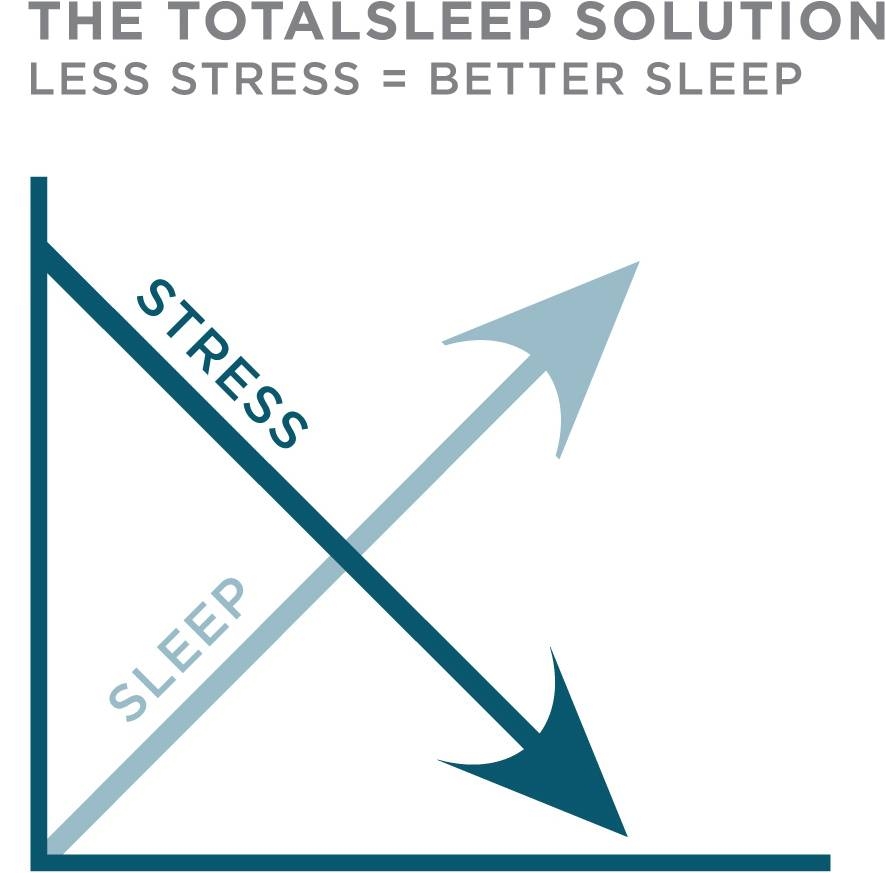
Decision Influences Chart
MEDIA
- An article written by CBS explains, "More than half of kids aged 15 and older would need to sleep at least two hours more each night to meet recommendations for adequate rest, heightening concerns about the impact on their health and academic performance. That's according to researchers who analyzed the University of Michigan's annual "Monitoring the Future" national surveys of youth behavior" (CBS/AP).
- In an article by CNN, Goldschmidt explained, "Sleep deprivation is such a rampant problem that last year, the Centers for Disease Control and Prevention called insufficient sleep a public health epidemic" (Goldschmidt).
These articles, written by popular news sources, help influence people's opinion on sleep deprivation due to the way that the information is presented nationwide.
Technological/Media Advances
- In a recent study conducted by Stanford Medicine, 2 new findings were discovered, "Two consecutive nights of less than six hours could leave you sluggish for the following six days. Researchers also found that staying up an extra hour, even if followed by a full night's sleep, is correlated with slower performance the next day. But going to bed an hour earlier than normal has a negligible effect" (White, et al).
- A new study conducted by Washington University School of Medicine discovered recently, "As a wakeful brain churns away through the night, it produces more of the Alzheimer's protein amyloid beta than its waste-disposal system can handle. Levels of the protein rise, potentially setting off a sequence of changes to the brain that can end with dementia" (Bhandari).
These studies, conducted by prestigious medical schools, found new discoveries regarding the topic of sleep deprivation, and influence people's opinion due to their credibility.
Interpersonal Communications
- When people are sleep deprived, their moral judgment and decision-making skills are impaired, they have a harder time dealing with team members, they're more impulsive, and they react more negatively when things don't go their way"(Simon-Thomas).
- "One consequence of the constant drawing away from sleep to meet the needs of daily life is the undercutting of social skills and relationships. This can damage the quality of both individual personal and professional relationships. It can also undermine the trust, teamwork, and cooperation that exist among people at work-and within family units at home" (Breus).
Sleep deprivation has many consequences on one's social health, which will eventually harm important relationships.
Immediate Risks
- "Sleep plays a critical role in thinking and learning. Lack of sleep hurts these cognitive processes in many ways. First, it impairs attention, alertness, concentration, reasoning, and problem solving. This makes it more difficult to learn efficiently. Second, during the night, various sleep cycles play a role in "consolidating" memories in the mind. If you don't get enough sleep, you won't be able to remember what you learned and experienced during the day" (Peri).
- "There are a number of different ways that sleep deprivation can lead to higher anxiety. For starters, dealing with everyday life when you haven't slept enough can be trying for most people, leaving their nerves somewhat frayed" (Green).
There are so many immediate risks of sleep deprivation, these just graze the surface of some of the many risks of not getting enough sleep.
Long Term Risks
- "Over time, lack of sleep and sleep disorders can contribute to the symptoms of depression. In a 2005 Sleep in America poll, people who were diagnosed with depression or anxiety were more likely to sleep less than six hours at night" (Peri).
- "Sleep deprivation raises the risk of potentially fatal cardiovascular events. There's no consensus about the exact ways that sleep loss translates to heart and blood problems, but several mechanisms appear to be at work" (Green).
While Sleep deprivation may seem like it only has short- term effects, there are also many long- term effects.